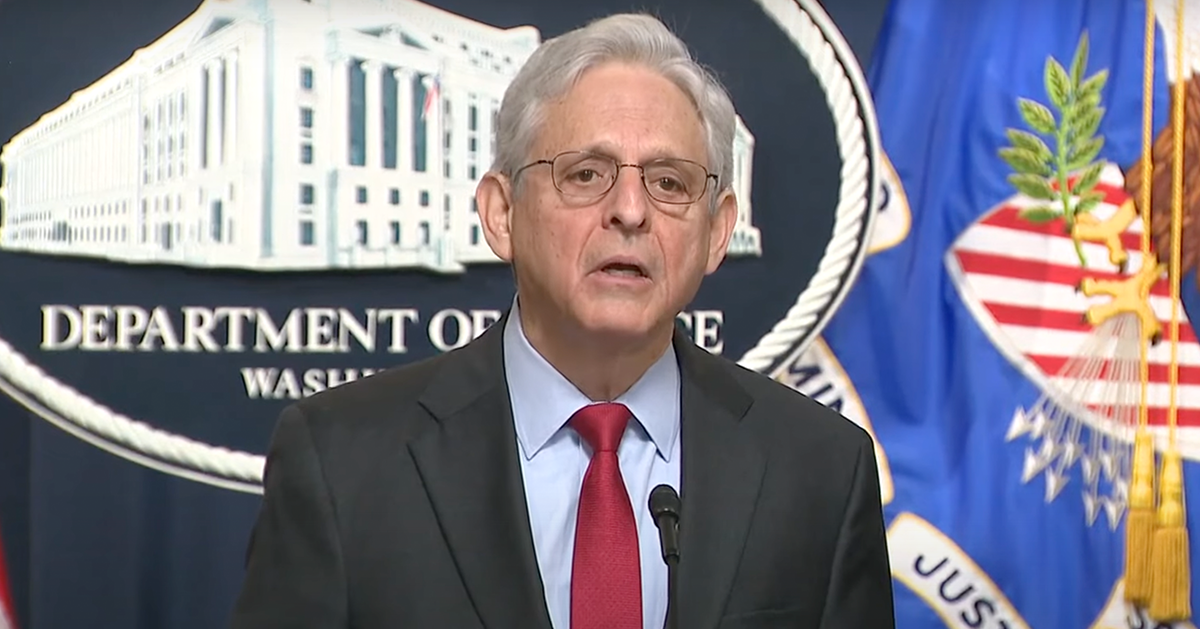Georgia governor signs oversight law in move that could prompt Fani Willis' ouster
Kemp's signature on Wednesday marks the creation of a commission with the power to investigate and possibly remove Willis from office. This move is part of a broader effort to address what Kemp, and supporters of the bill describe as the challenge of "rogue or incompetent prosecutors."
Concerns Over Prosecutorial Independence
While the bill is defended as a necessary step towards accountability, critics argue it could threaten the autonomy of prosecutors. Aunna Dennis, the executive director of Common Cause Georgia, voiced concerns about the safety and freedom of prosecutors to pursue cases against government corruption.
House Speaker Jon Burns emphasized that the legislation is not aimed exclusively at Willis yet acknowledged the legitimacy of scrutinizing her job performance. This acknowledgment underscores the political tensions surrounding the law's enactment.
Implications for Trump Prosecution
The establishment of the commission occurs amidst ongoing legal proceedings against former President Donald Trump, raising questions about the timing and motivations behind the law.
Critics, including Georgia House Minority Leader James Beverly, suggest the law could potentially shield Trump from prosecution in Georgia.
A Senate investigative committee's review of Willis' actions a week before the bill's signing adds to the controversy, highlighting the political dynamics at play.
Political Reactions and Judicial Decisions
The reaction to judicial decisions involving Trump's case further complicates the landscape. While GOP leaders remain largely silent on Judge Scott McAfee's ruling to dismiss several charges, Lt. Gov. Burt Jones lauded the decision, critiquing the judicial system's treatment of Trump.
Conversely, Democratic state Sen. Elana Parent pointed out that, despite the dropping of certain charges, other allegations will proceed, indicating the ongoing legal battles ahead.
Revisiting the Commission's Creation
This is Kemp's second attempt to establish such a commission, following a rejection by the Georgia Supreme Court that necessitated legislative revisions. The governor's persistent efforts reflect the complex interplay between legal oversight and political strategy within the state.
Gov. Kemp and his supporters argue that the law is crucial for maintaining legal integrity, stating it ensures accountability for prosecutors who fail to uphold the law. However, this stance has been met with skepticism from those who fear it might compromise prosecutorial discretion and judicial fairness.
Future Challenges and Debates
The law's enactment has set the stage for future legal and political challenges in Georgia. As debates continue over its implications for prosecutorial independence and high-profile prosecutions, the law serves as a focal point for broader discussions on justice, accountability, and political influence.
With significant figures from both political parties weighing in, the evolution of this legal framework will be closely monitored by observers across the nation, marking a pivotal moment in Georgia's judicial history.
A Critical Look at Judicial Accountability and Political Power
In summary, the new law signed by Gov. Kemp has ignited a significant debate over the balance between ensuring prosecutorial accountability and safeguarding the independence of the judicial system.
While proponents highlight the necessity of reining in "rogue or incompetent" prosecutors, critics warn of the potential for political interference and the undermining of prosecutorial autonomy.
The ongoing legal battles and political dynamics surrounding this legislation underscore the intricate relationship between law enforcement, judicial integrity, and political strategy in Georgia.





